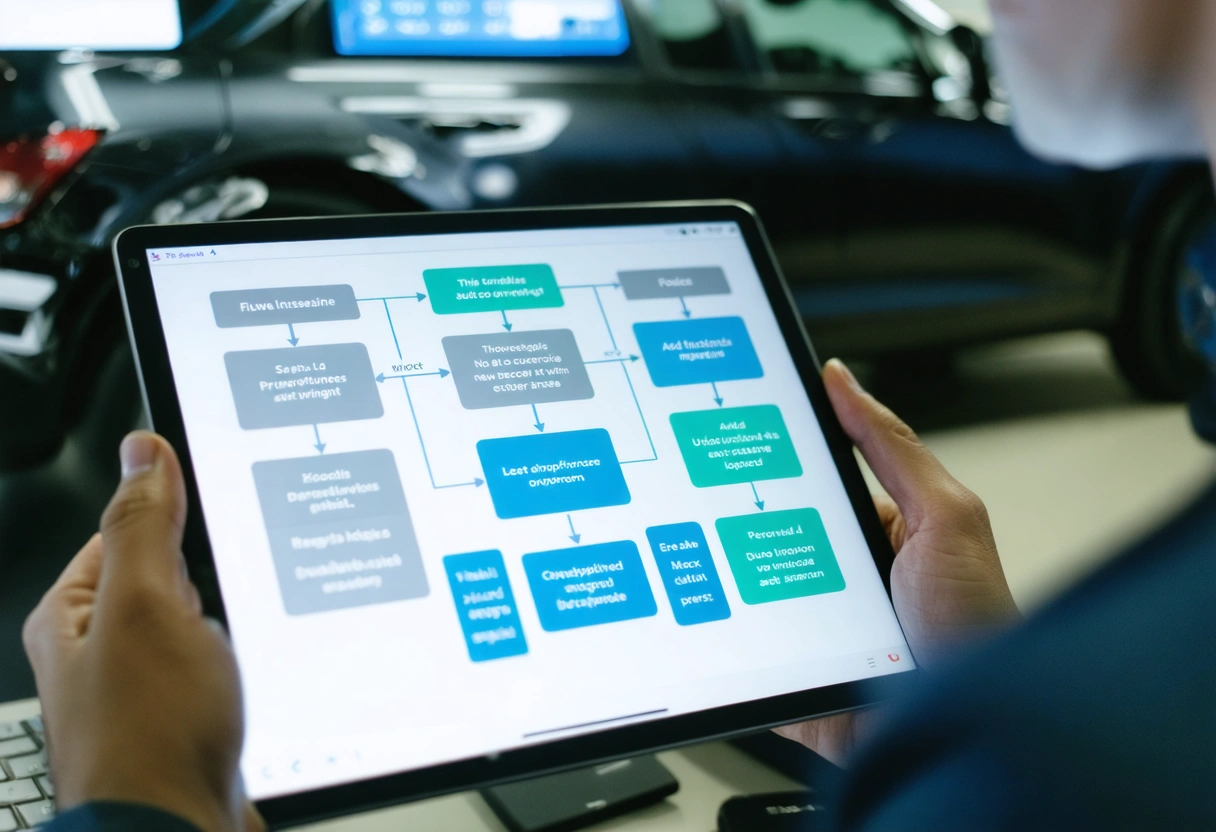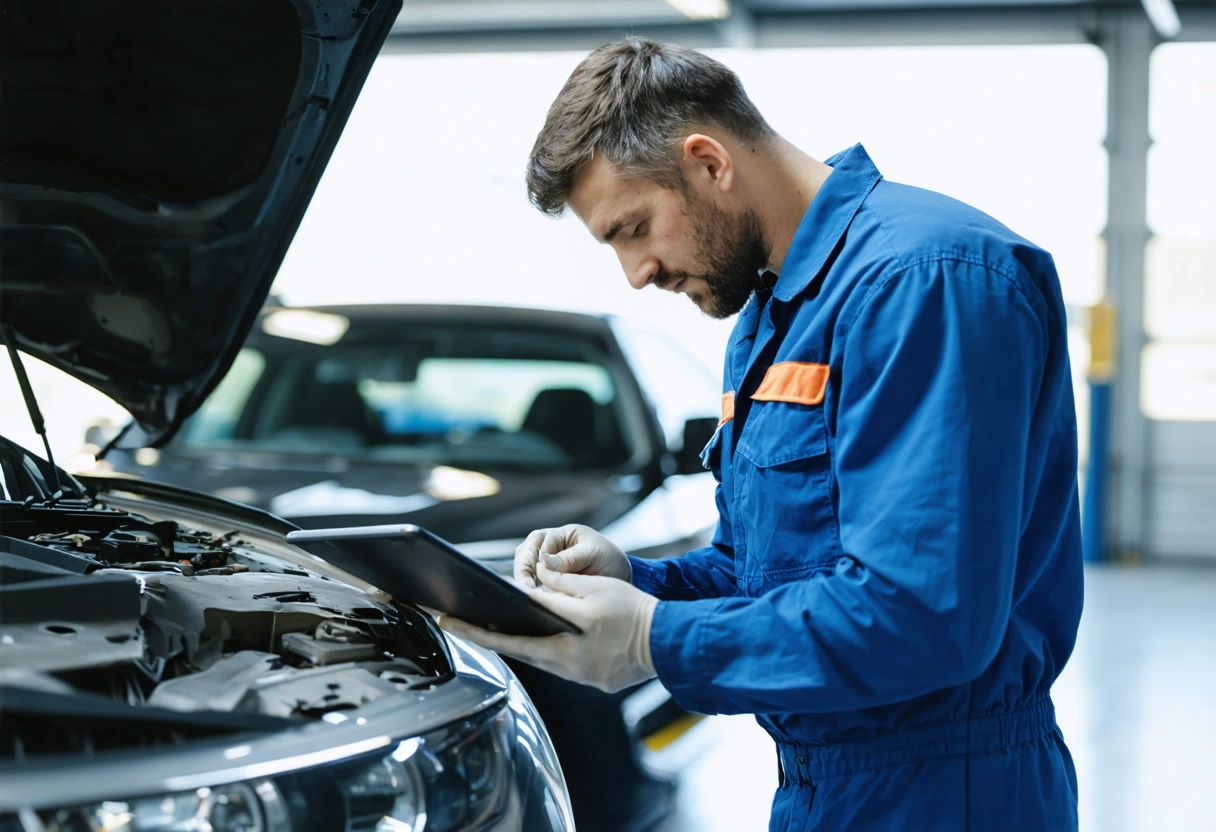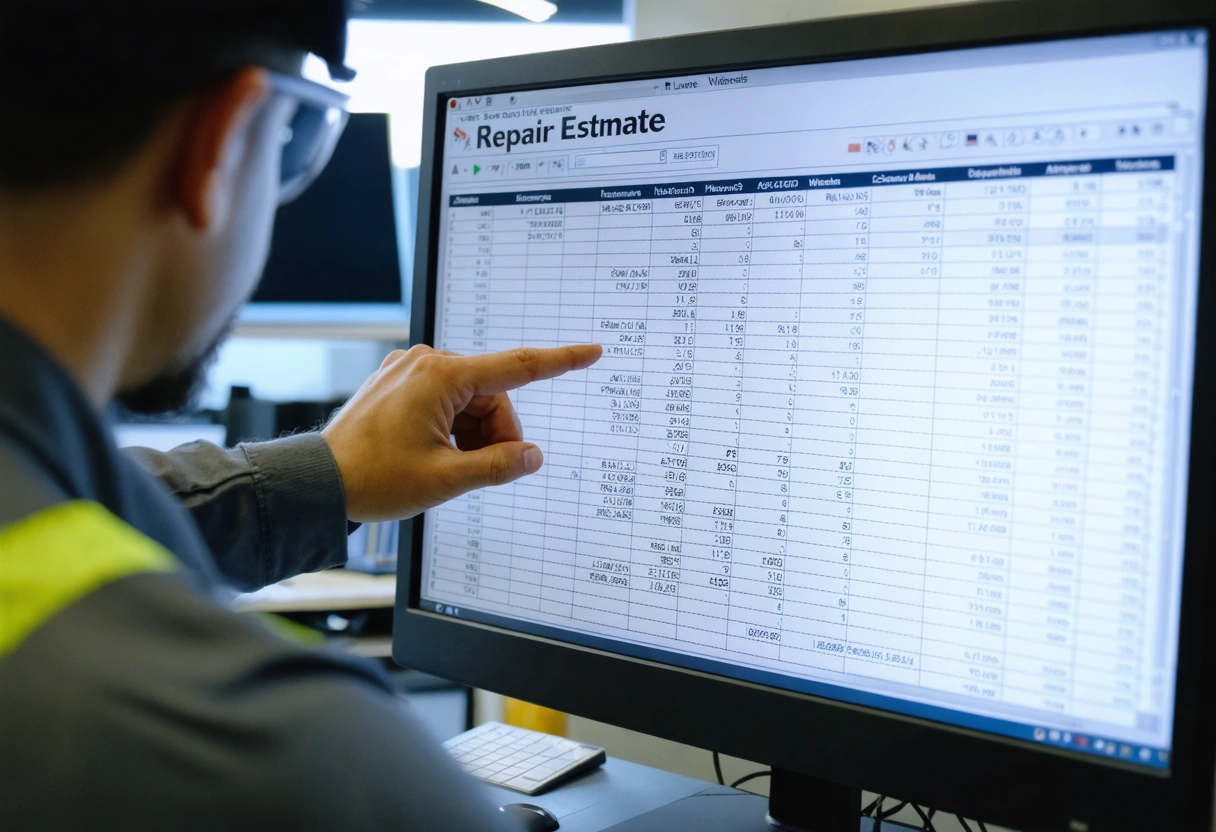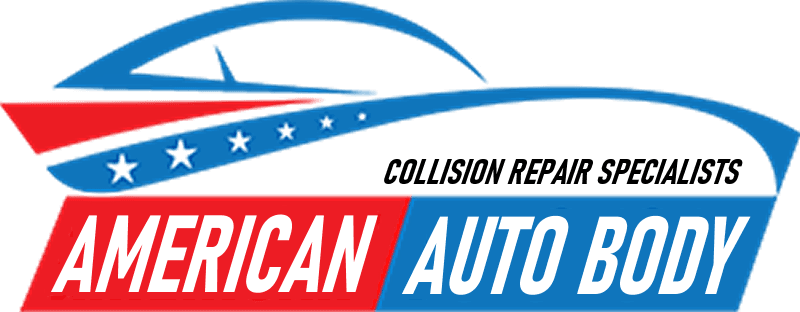The Critical Role of Your Auto Body Shop in the Automobile Insurance Claim Process
Navigating the aftermath of an automobile accident often feels overwhelming. Between contacting your insurance provider, understanding your policy, and arranging for vehicle repairs, you may be unsure where to start. One of the most pivotal players in this journey is your chosen auto body shop. Their expertise and coordination with insurance companies can significantly influence not only the speed and quality of your repairs but also the outcome of your entire claim process.
This comprehensive guide unpacks the essential role your auto body shop plays in the automobile insurance claim process. We’ll explore how auto body shops interact with insurers, what responsibilities they assume, and how their involvement can impact your experience and results. Whether you’re dealing with minor fender-benders or major collisions, understanding this relationship empowers you to make informed decisions and maximize your claim’s outcome.
Understanding the Auto Insurance Claim Process
Before diving into the auto body shop’s role, it’s crucial to grasp the broader context of the automobile insurance claim process. When you’re involved in an accident, your first steps typically involve ensuring everyone’s safety, documenting the scene, and notifying your insurance company. From there, your insurer opens a claim, assigns an adjuster, and begins the process of evaluating damage and determining coverage.
A key component of this evaluation is the assessment and repair of your vehicle. Insurers want to ensure that repairs are necessary, cost-effective, and performed to industry standards. This is where your auto body shop becomes an indispensable ally. They provide expert assessments, clear documentation, and quality repairs that underpin the entire claim process.
Key Stages in the Claim Process
- Initial claim notification and documentation
- Damage assessment and estimate creation
- Insurance adjuster review and approval
- Authorization and completion of repairs
- Final inspection and claim closure
Each stage involves coordination between you, your insurer, and your chosen auto body shop. Detailed knowledge of these steps can help you avoid delays and misunderstandings.

How Auto Body Shops Interact with Insurance Companies
Modern auto body shops are not simply repair facilities; they are often highly experienced in working directly with insurance companies. Many shops maintain relationships with a wide range of insurers, understand standard procedures, and have digital systems for sharing estimates, photos, and repair reports. This integration can streamline your claim, reduce paperwork, and ensure clarity at every stage.
Most insurance companies maintain a network of preferred auto body shops. While you are typically free to select your own shop, using a preferred facility often means faster approvals and guaranteed repairs. However, independent shops may offer greater flexibility and personalized service. Regardless of your choice, your shop’s ability to communicate and negotiate with your insurer is vital.
Direct Repair Programs (DRPs)
Many insurers utilize Direct Repair Programs, or DRPs, which designate specific body shops as trusted partners. These shops agree to meet strict standards for quality, pricing, and customer service. In return, they receive a steady stream of referrals from the insurer. For consumers, using a DRP shop often results in expedited claim processing, as estimates and repairs are pre-approved by the insurer.
However, some vehicle owners prefer non-DRP or independent shops. These facilities can still manage claims efficiently, but they may need to negotiate more extensively with the insurer. It’s important to know your rights, as you generally have the legal authority to choose any licensed repair shop you prefer.
The Auto Body Shop’s Responsibilities in the Claim Process
Once you bring your damaged vehicle to an auto body shop, they assume several key responsibilities that directly affect your insurance claim. At the outset, technicians will perform a thorough inspection of your vehicle, documenting all visible and hidden damage. This documentation is crucial for both the repair process and your insurance claim.
The shop’s estimator creates a detailed repair estimate, often using specialized software that aligns with industry standards and insurance requirements. This estimate, along with photographs and supporting documents, is submitted to your insurance company for review. The accuracy and completeness of this submission can significantly impact the speed and approval of your claim.

Negotiating with Adjusters
Insurance adjusters may visit the shop to inspect the vehicle in person, or they may review digital estimates and photos. Sometimes, discrepancies arise between the shop’s recommended repairs and the insurer’s initial estimate. In such cases, experienced auto body shops act as advocates for their customers, negotiating with adjusters to ensure that all necessary repairs are covered.
Shops may also assist in identifying hidden or supplemental damage that only becomes apparent once repairs are underway. This often requires submitting supplemental claims, which the shop handles on your behalf.
Ensuring Quality and Compliance
Beyond paperwork, reputable auto body shops are committed to restoring your vehicle to pre-accident condition, both in terms of safety and appearance. They use manufacturer-approved parts and follow specific repair protocols. Many shops offer warranties on their work, providing extra peace of mind.
Compliance with local, state, and federal regulations is another critical responsibility. Shops must dispose of hazardous materials properly, adhere to safety standards, and maintain proper certifications. Failing to meet these standards can jeopardize your claim and even compromise your vehicle’s safety.
The Importance of Accurate and Detailed Estimates
The repair estimate is the linchpin of your insurance claim. An accurate and thorough estimate ensures that all necessary repairs are covered and prevents costly surprises down the line. Experienced auto body shops use advanced estimating systems and have trained staff who understand both vehicle technology and insurance protocols.

Estimates typically include labor costs, parts, materials, and a breakdown of each required procedure. Detailed estimates help prevent disputes with insurers about what is or isn’t covered, and they serve as a reference point throughout the repair and claims process.
Common Estimate Issues and How Shops Address Them
- Overlooked structural damage that is only visible after disassembly
- Discrepancies between shop and insurer estimates, often involving labor times or part types
- Requests for non-OEM (aftermarket) parts instead of original manufacturer parts
- Unexpected increases in repair costs due to hidden damage
By maintaining clear communication with both you and your insurer, auto body shops can proactively address these issues. They may submit supplemental claims as new damage is discovered, ensuring that you are not left covering out-of-pocket expenses that should be the insurer’s responsibility.
Your Rights When Choosing an Auto Body Shop
One common misconception among policyholders is that they must use their insurer’s recommended body shop. In reality, federal and state laws generally protect your right to choose any licensed repair facility. While insurers may promote their preferred shops for convenience, you are the ultimate decision-maker.
Choosing a shop that you trust, whether it’s a DRP shop or an independent facility, is essential for your peace of mind. Look for shops with strong reputations, certifications from organizations such as I-CAR or ASE, and a willingness to advocate on your behalf. Ask about their experience with insurance claims and their approach to using OEM parts versus aftermarket alternatives.
Understanding Repair Guarantees and Warranties
Many insurer-recommended shops offer warranties that are backed by the insurance company, covering repairs for as long as you own the vehicle. Independent shops may offer their own warranties, which can be just as robust. Always ask for warranty details in writing and understand what is and isn’t covered.

The quality of repairs and the materials used can affect your vehicle’s safety, appearance, and resale value. Do not hesitate to ask questions, request documentation, and verify that the shop adheres to all recommended repair procedures.
The Impact of the Auto Body Shop on Your Claim Outcome
The auto body shop you choose can have a profound impact on your insurance claim’s outcome. Highly skilled shops expedite repairs and minimize disruption to your daily life. They also ensure that your insurer honors their obligations, covering all necessary repairs and using quality parts.
On the other hand, inexperienced or uncooperative shops may lead to delays, disputes with insurers, or subpar repairs. This can result in additional costs, safety risks, or even the need for subsequent repairs. Investing time in selecting the right shop can save you frustration and money in the long run.
Communicating Effectively with Your Chosen Shop
Open communication is essential throughout the repair and claims process. Provide the shop with all relevant insurance information, including your claim number and adjuster’s contact details. Ask for regular updates and request copies of all estimates, invoices, and correspondence with your insurer.
If you encounter problems, such as delays or disputes over coverage, your shop can often mediate with the insurer. However, it’s also wise to stay informed and involved, referencing resources from organizations like the Federal Trade Commission to understand your rights and responsibilities.
Navigating Common Challenges in the Insurance and Repair Process

Even with the best preparation, issues can arise during the insurance claim and repair process. Delays in approval, disputes over repair costs, or insurer requests for non-OEM parts are some of the most frequent challenges. Your auto body shop’s expertise is invaluable in overcoming these obstacles.
For example, if your insurer recommends cheaper aftermarket parts but your vehicle’s warranty requires OEM components, your shop can provide documentation and negotiate with your insurer to uphold your warranty terms. Similarly, if hidden damage is discovered mid-repair, your shop will submit supplemental claims and keep you informed of any changes in cost or timeline.
What to Do if Your Claim Is Denied or Underpaid
In rare cases, insurers may deny claims or offer less than the full cost of necessary repairs. If this happens, your auto body shop can provide detailed documentation and repair justifications to support your appeal. You also have the right to seek a second opinion from another licensed shop or consult with a public adjuster if needed.
Familiarizing yourself with the resources from the National Association of Insurance Commissioners can guide you through the appeal process and help you understand your options if you disagree with your insurer’s decision.
Maximizing Your Auto Insurance Claim with the Right Auto Body Shop
Your auto body shop is more than a repair facility; it is your advocate, expert advisor, and a cornerstone of the insurance claim process. Their ability to assess damage, negotiate with insurers, and deliver high-quality repairs can make all the difference in your claim’s outcome. By understanding their role, choosing a reputable shop, and staying engaged throughout the process, you can ensure your vehicle is restored to its pre-accident condition without unnecessary stress or out-of-pocket costs.
Remember, you have the right to select the shop that best meets your needs, whether it’s a preferred partner of your insurer or an independent specialist. Leverage available resources, ask questions, and prioritize quality and transparency at every step. With the right auto body shop on your side, you’ll navigate the automobile insurance claim process with confidence and achieve the best possible result for your vehicle and your peace of mind.
Need help with The Role of Your Auto Body Shop in Your Automobile Insurance Claim Process?

